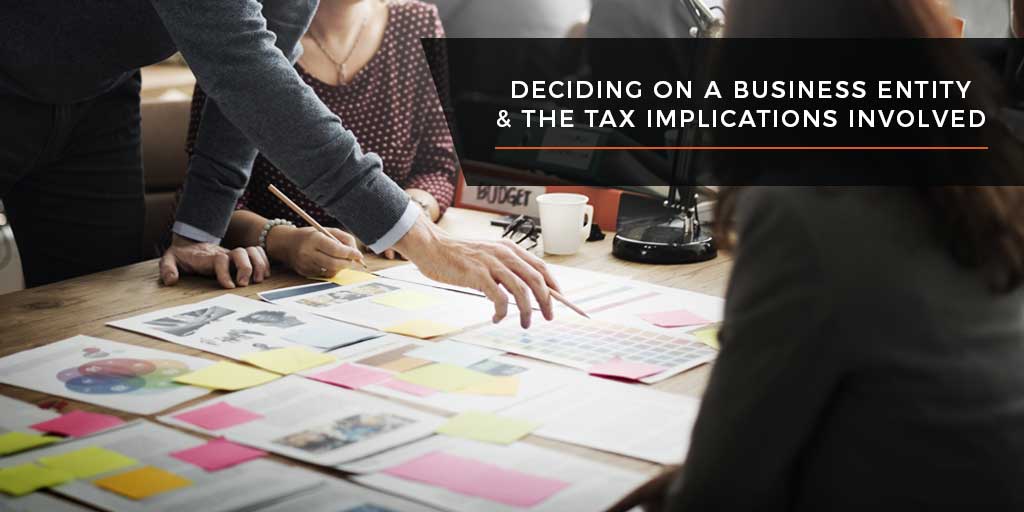Starting your own business can be both an exciting and daunting experience. It is a journey that needs careful consideration beforehand to avoid any unintentional exposures. Strategic planning and oversight is imperative to select the right business entity that offers maximum tax saving and minimum risk exposure. The South African Revenue Service (SARS) has stepped up their mission to reduce a massive tax deficit making it vitally important for any new business owner to optimise their company structure to avoid getting stung.
The most basic principal is to understand the various business entities available and choose the best one for your business:
1. Legal Entity
- Pty (Ltd) / Company – Separate legal entity with shareholders.
- Sole Proprietor – No separation between owner and business.
2. Liability
- Pty (Ltd) / Company – Shareholders have limited liability. Should the business become insolvent, the shareholders are protected against claims from creditors.
- Sole Proprietor – Owner is personally liable for all debts and liabilities of the business.
3. Registration
- Pty (Ltd) / Company – Registered with CIPC and yearly returns submitted to CICP.
- Sole Proprietor – No business registration needed.
4. Tax registration and tax rates
- Pty (Ltd) / Company – Required to register with SARS and submit Provisional Tax twice a year. Tax is paid at a rate of 28% on all profit of the company.
- Sole Proprietor – Required to register with SARS and submit Provisional Tax twice a year. The owner pays tax in his personal name as business income at the rate according to the scale as per SARS.
5. PAYE and VAT registration
- Pty (Ltd) / Company – Company must pay PAYE on directors’ salary. If turnover exceeds R1,000,000 then the company needs to register for VAT and submit bi-monthly returns.
- Sole Proprietor – Sole proprietor drawings are not subject to PAYE. If individual’s turnover is over R1,000,000 then sole proprietor needs to register for VAT.
What’s best for your business?
Although registering a sole proprietor is much more simpler and less complicated, the risk is much higher for the business owner.
The level of earnings from your business must be taken in consideration when choosing the business entity, as an individual is taxed on a sliding scale and a company at a fixed rate of 28% plus dividends tax should there be any declared.
For a higher level of income, a company registration will be more beneficial. The tax in a company can also be structured more effectively as opposed to a sole proprietor who will be liable for tax in his own name.



